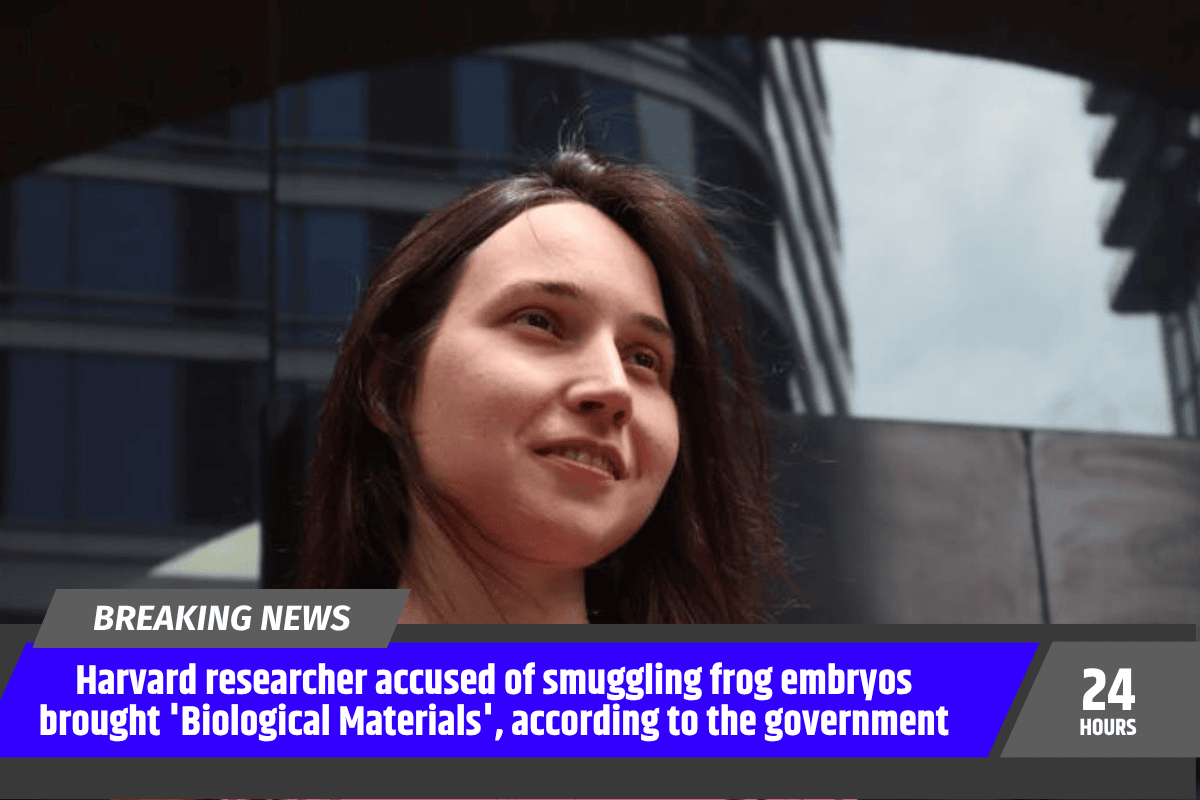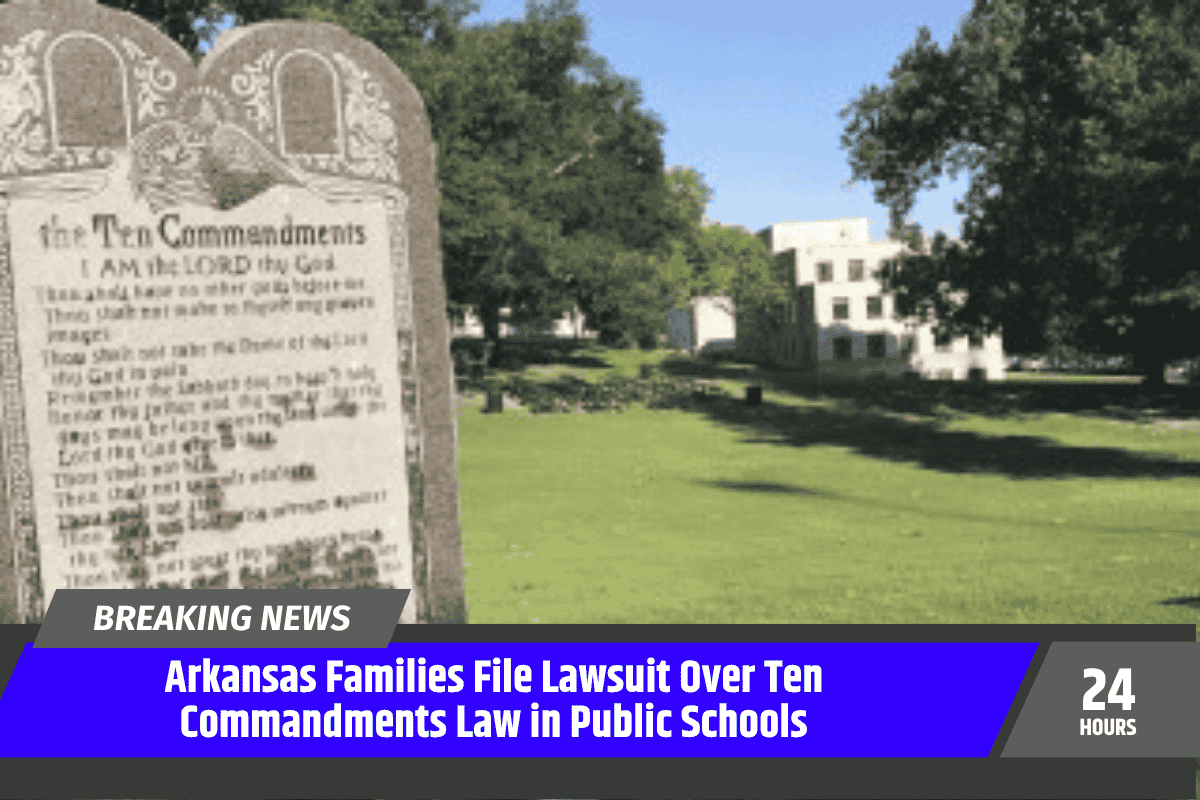A Harvard researcher, Kseniia Petrova, has been accused of smuggling frog embryos into the United States, sparking a legal dispute.
Petrova, who is involved in cancer research at Harvard Medical School, was in court on Wednesday for a probable cause hearing.
The case centers around whether she brought “biological materials” into the U.S. without declaring them to customs officials.
The Incident and Charges
Kseniia Petrova, a 30-year-old Russian-born scientist, was returning from a vacation in France when U.S. Customs and Border Protection questioned her at Boston Logan International Airport.
During the inspection, it was revealed that Petrova had a package containing frog embryos. These embryos were obtained from a lab specializing in splicing frog sections for research purposes.
Federal officials later accused Petrova of trying to smuggle the embryos into the country without declaring them. They suggested that she lied about carrying the substances and failed to inform the authorities.
Petrova, however, claimed that she did not realize the embryos needed to be declared at customs and was not attempting to hide them.
The Legal Hearing
On Wednesday, both government and defense lawyers argued over the definition of “biological materials” and whether Petrova should have declared the embryos when entering the country.
A Homeland Security Investigations agent, Brian Goldsworthy, testified that if Petrova had declared the embryos, she would not have been allowed to leave the airport.
According to Goldsworthy, experts from Customs and Border Protection and a federal laboratory had reviewed the samples and confirmed they were biological material.
Petrova’s attorney countered, stating that the government’s definition of biological materials was unclear.
They argued that the legal requirement to declare items does not depend on whether something is classified as biological material.
Smuggling Charge and Possible Consequences
Following the hearing, both sides will have the chance to submit written arguments to the judge. If convicted, Petrova faces a serious penalty, which could include up to 20 years in prison and a fine of up to $250,000.
In the meantime, she was initially detained by immigration officers after her arrest, and her visa was canceled.
However, after legal proceedings, a judge ruled that the actions of the immigration officers were unlawful, and she was released.
This case raises important questions about what constitutes smuggling and the classification of biological materials.
The outcome will be closely watched, particularly in terms of how future cases involving similar issues are handled.
The legal battle surrounding Kseniia Petrova highlights the complexity of immigration and customs laws regarding biological materials.
As the case progresses, the definition of what needs to be declared at U.S. customs and the interpretation of smuggling laws will be central to the final ruling.
If convicted, Petrova’s case could serve as a precedent for similar cases in the future. However, for now, the court continues to weigh the arguments from both sides to determine the next steps.












